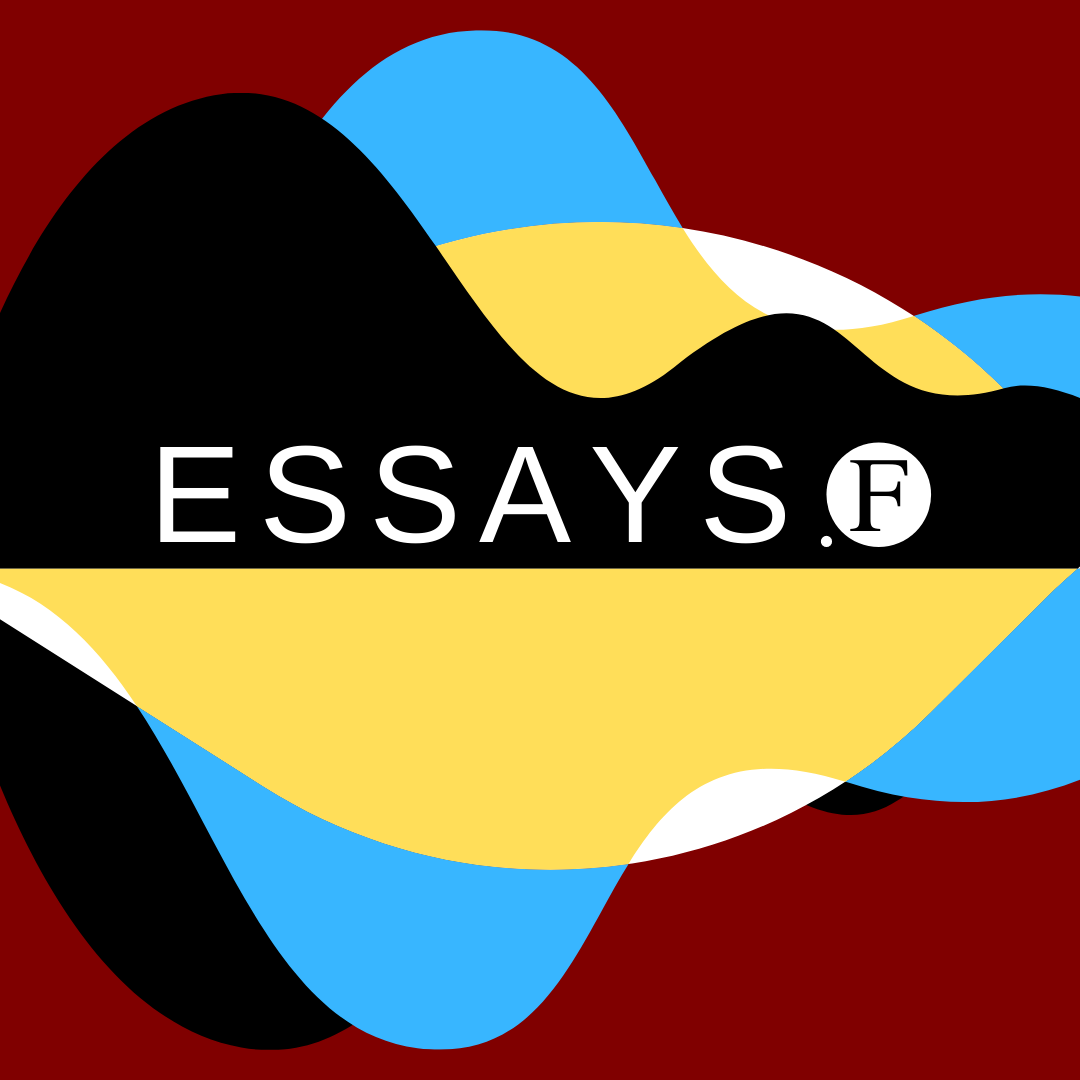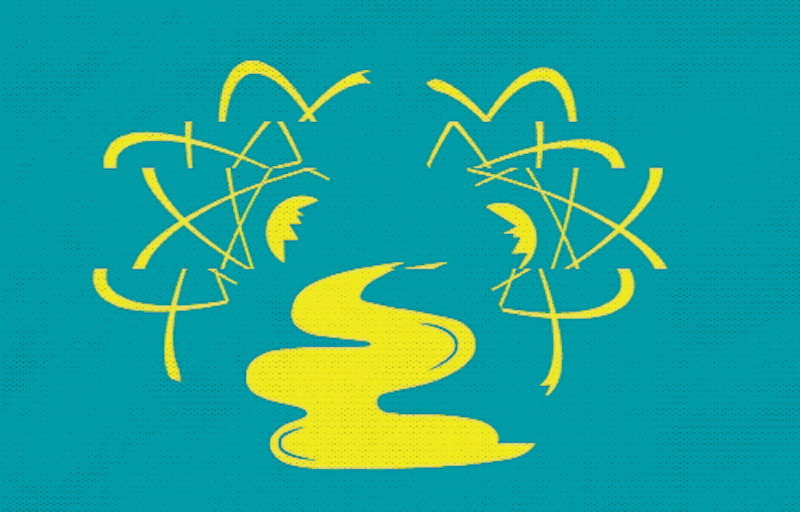The Moral Gravity of Mere Trifles
Amy Olberding on the Confucian role for etiquette in resisting injustice
Some of the most heated critiques of etiquette emphasize a tension between progressive political values and conformity to polite norms. Insistence on polite rules of interaction may, so the worry goes, stifle righteous dissent, suppress critique of the powerful, and mire us all in hidebound tradition. Better to forcefully call out injustice when we see it than abide by polite rules that sacrifice moral progress to surface social accord. In these critiques, etiquette can seem an enemy of salutary change and a barrier to justice. This reasoning, the early Confucians would argue, misses much about how etiquette works and what it contributes to moral life.
Both Confucius and Xunzi were ardent advocates of etiquette. They understood that the high moral values of respect and consideration feature in commonplace experience through symbolic conventional behaviours and modes of speech, the stuff of etiquette. Prosaic polite verbal gestures, such as saying ‘please’ and ‘thank you’, betoken respect and express consideration. Most basically, these gestures notify others that we acknowledge and honour their humanity. But they are morally valuable in more ways than just this.
As Confucius and Xunzi argue, we learn respect by performing it, a phenomenon familiar to parents everywhere who school children in etiquette precisely to stimulate the moral emotions and dispositions these practices represent. We do not ask children to first develop respect for others and only then express it. Rather, we ask them to express respect so that they may come to feel it and, more broadly, become generally disposed to it. We enjoin children to follow etiquette rules in order to inculcate sound moral habits, but the habits in view are not merely, or even most importantly, habits of speech and conduct. They are habits of feeling, attitude, and moral-emotional orientation, ways of seeing others and situating oneself in community with them. This process is most apparent in early childhood learning, but we never outgrow the need to nurture our dispositions with behaviours that encourage us toward moral respect and consideration.
Progressive critics of etiquette implicitly concur with the Confucians about the influence etiquette can have upon moral feeling and attitude. Their worry, however, is that fidelity to etiquette practices will so habituate us to polite rule-following or, worse, to ‘being nice’ that we will baulk at resisting injustices when we ought. We will shrink from breaking rules we have too well internalized and let pass without comment wrongs we should heartily protest. The Confucians do not address this concern directly, yet their convictions regarding etiquette invite attention to domains of injustice we too often neglect, injustices that may find remedy precisely in etiquette rule-following rendered into deep habit.
Not all injustice is dramatic or obvious. Some injustice manifests in slight words and gestures, a phenomenon poignantly described by the contemporary philosopher George Yancy in his account of the ‘elevator effect’. Yancy, a black man, vividly details the affront, the disrespect and inconsideration, he experiences riding in elevator cars with white women who, obliged to share this space with him, react with physical demeanours signalling suspicion, wariness, and apprehension of threat. The interaction is at once modest and monumental, for the slightest bodily signals communicate the tragic disrespect of American racism. Yancy, as black man, describes his humanity as ‘confiscated’ by such experiences. This too is injustice, and it is a form of injustice the Confucian sensibility regarding etiquette is attuned to both diagnose and address.
Xunzi argues that social atmospheres steer us in ways difficult to assay, inclining us unconsciously toward attitudes influenced by what we see and experience of each other. What we think and feel regarding others owes much to what we ‘rub up against’ in our interactions with them. Some experiences, those communicating respect and consideration, are like silk on skin, smoothly promoting pro-social attitudes that incline us to think well of others and of our social co-existence. Others, like Yancy’s, are as sandpaper, coarse and abrasive, rubbing away at confidence that our humanity is appreciated by others or that we can cooperate toward common social ends with them. The Confucians insist that these differences in social experience make a profound difference both to individuals and to communities. For by shaping what moral attitudes we find compelling, subtle social signalling serves to orient us morally. Xunzi astutely recognizes that being among other people, where their prosaic conduct scrapes and abrades, renders misanthropy tempting. And of course, misanthropy inhibits many of the goods of life we can secure with others, from ready love and affection with close companions to harmonious cooperative activities we undertake in civic life.
To see how etiquette represents a viable strategy for remedying social atmospheres that leave us exposed to coarse and abrading injustices, tempting misanthropy and alienation, we must first acknowledge how phenomena like the elevator effect come about. Significantly, slight gestures that convey disrespect and inconsideration typically operate well outside the conscious awareness of those who perpetrate them. We all enact various biases accumulated through our inevitable exposure to unequal and unjust social arrangements. We do not mean to do so, we do not want to do so but, just as Xunzi suggests, willing or no, we are shaped by the environment we inhabit. Conscious intention and considered moral values may rail against pernicious biases, but much of our mundane conduct is not formulated this way.
Too much moral philosophy operates on the conceit that morality resides in the territory of discrete choice and decision. This is evident in the progressive critique of etiquette, in its suggestion that we will wrongly choose behaving politely over protesting injustice. But much of what we do never rises to the level of choice and, the Confucians would insist, much of what matters morally does not come from choices. It is instead produced by unthinking habit, by easy assent to the familiar, by seeming instinct and careless reflex. The moral promise of etiquette, then, is to provide a mechanism by which these too can bend toward justice. For etiquette to work in this fashion, however, it must bind and constrain. What choice exists is rather global, entailing the willing adoption of steady behavioural patterns. We give ourselves over to etiquette’s rules and largely, if not entirely, seek to render its practices into cultivated instinct. The force and effect of this are perhaps most evident if we turn to a second example.
In a recent study, Tonja Jacobi and Dylan Schweers argue that while the U.S. Supreme Court now has more women justices than ever, ‘they are given less respect than the male justices’. As evidence, Jacobi and Schweers catalogue the significant disparity in how often justices are interrupted while speaking in oral arguments. Women justices, despite being only one third of the court, are interrupted at rate that far outpaces their male peers. Indeed, ‘each woman was interrupted on average three times more often than each of her male colleagues’. This disparity entails not simply that women Supreme Court justices are denied the deference their male colleagues receive, it also constrains the influence they can exercise in oral arguments. Here too, a slight difference makes a difference, as women justices serially ‘rub up against’ social conduct that affords them less respect and denies them levels of participation others more freely enjoy.
If we assume, as seems prudent, that women justices are more frequently interrupted owing to implicit biases, to unthinking reflex rather than considered intention, the remedy will come not from serial conscious choices to listen rather than interrupt, but from developing alternative habits. The Confucian commitment to etiquette comprehends just this, acknowledging that we cannot consciously decide and choose our way through the dense thickets of all of our morally meaningful experiences with others. There is just too much, and our powers of attention and self-regulation are too limited for this. Instead, we need to subject ourselves to rules that, once internalized, become reliable habit, automatic and effortless. I thus give myself over to the rule, ‘do not interrupt others’, treat this as binding, and thereby develop it into easy automaticity. Training myself not to interrupt anyone guards against my interrupting some more than others, against my thoughtlessly replicating forms of disrespect that sustain social injustices. In contrast, failing to adopt such a rule, allowing myself the freedom to interrupt, will almost certainly result in my interrupting more often just those speakers our socially constructed biases would target and who thereby enjoy less social power.
In its most ambitious formulation, the Confucian programme of etiquette was conceived as moral cultivation that would train practitioners in the host of expressive elements that structure our interactions with others. Early Confucian texts reference aspects of etiquette we contemporaries find familiar, such as conventions of polite speech, but they also reference aspects more likely to elude us, such as facial expression and bodily demeanour. Throughout, they suggest that we must worry about more than whether we will fail to break with polite habit when justice would demand. Indeed, the greater worry is that absent respectful habits, we will do harm, injuring both others with whom we seek community and our own efforts to sustain values we circumspectly prize. Etiquette, the Confucians offer, provides a behavioural and bodily scaffolding that supports both moral dispositions within and moral conduct without.
The Source Code
This essay is based on the article ‘Etiquette: A Confucian Contribution to Moral Philosophy’ by Amy Olberding, published in Ethics.







One problem is that Confucian training fosters illegitimate and noxious social hierarchies.
Children from abusive homes should have the right to set boundaries. Filial piety condemns them to eternally pay for a childhood (of questionably quality) to which they did not consent.
Practices that train us to honour and revere unjust social hierarchies regardless of the merits of their occupants are toxic. These “li” should be desecrated.
Hence the importance of Greek Cynicism. 😊